1. You Haven't Been Brushing Properly
 image source: reddit
image source: reddit
Proper brushing technique is crucial for maintaining oral hygiene and preventing bad breath. If you haven't been brushing correctly, plaque and food particles can accumulate on your teeth, leading to bacterial growth and unpleasant odors. You should be brushing at least two times a day!
2. No Flossing
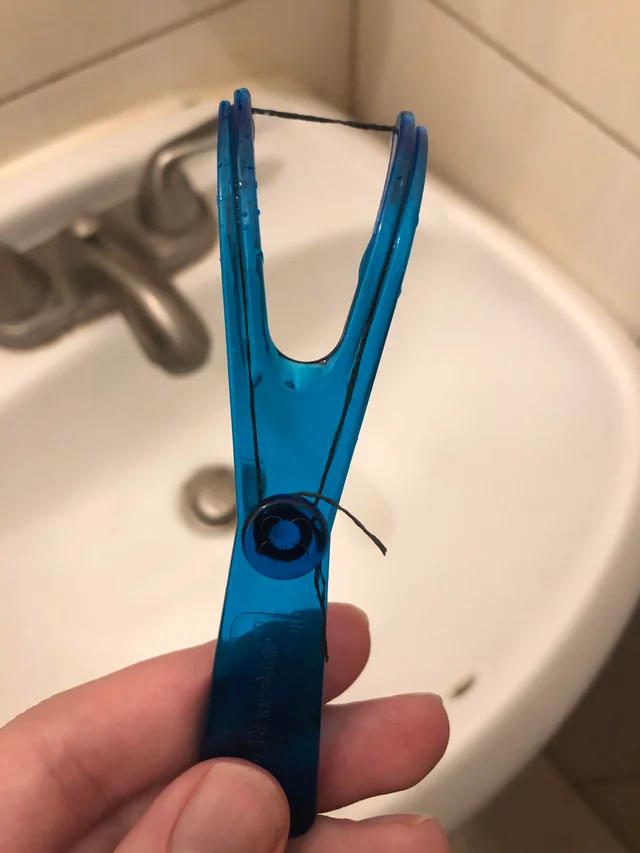 image source: reddit
image source: reddit
While brushing is essential, it's not enough to ensure optimal oral hygiene and fresh breath. Flossing is equally crucial as it helps remove food particles and plaque from between your teeth and along the gumline where your toothbrush can't reach. If you've been skipping flossing or only flossing occasionally, you're allowing bacteria to thrive in these hard-to-reach areas, leading to bad breath and increasing the risk of gum disease.
3. There's Bacteria On Your Tongue
 image source: reddit
image source: reddit
When it comes to combating bad breath, many people focus solely on brushing their teeth and forget about their tongue. However, the surface of your tongue can harbor a significant amount of bacteria, food debris, and dead cells that contribute to foul-smelling breath if not properly cleaned.
4. You Haven't Scaped Your Tongue
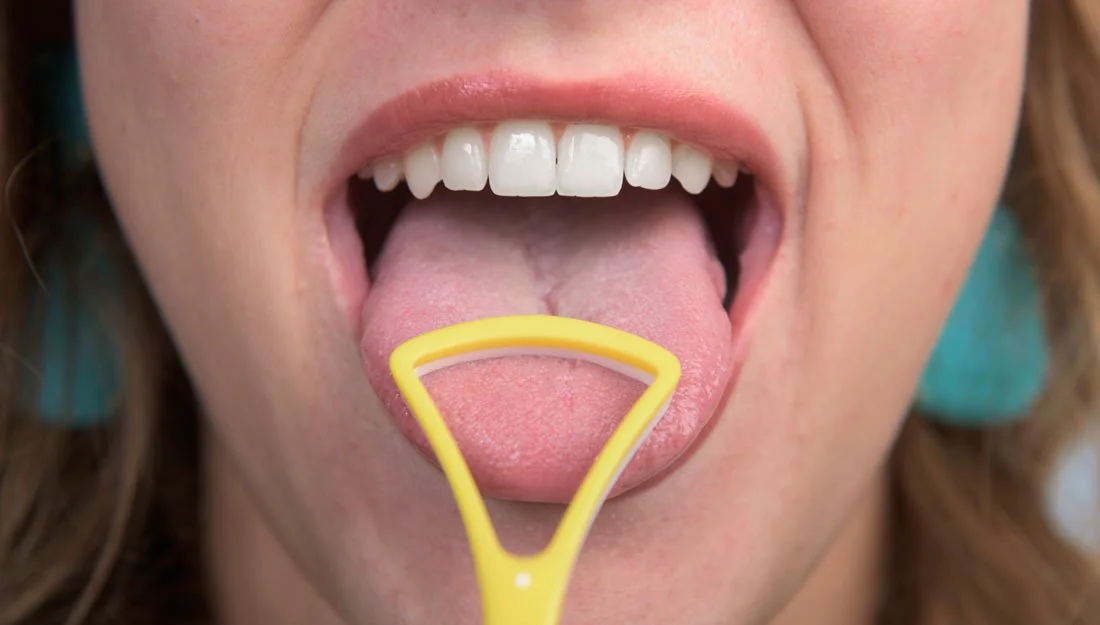 image source: reddit
image source: reddit
Have you ever noticed a white or yellowish coating on your tongue, especially towards the back? This buildup isn't just harmless discoloration – it's a breeding ground for bacteria and can contribute to bad breath. Using a tongue scraper to gently remove this coating can help eliminate odor-causing bacteria and improve the overall cleanliness of your mouth.
5. Food Particles In Your Teeth
 image source: reddit
image source: reddit
Even if you brush your teeth diligently, food particles can still become trapped between your teeth and along the gumline, especially in hard-to-reach areas. Over time, these particles can decompose, leading to the release of foul-smelling gases and contributing to bad breath.
6. You Have Cavities
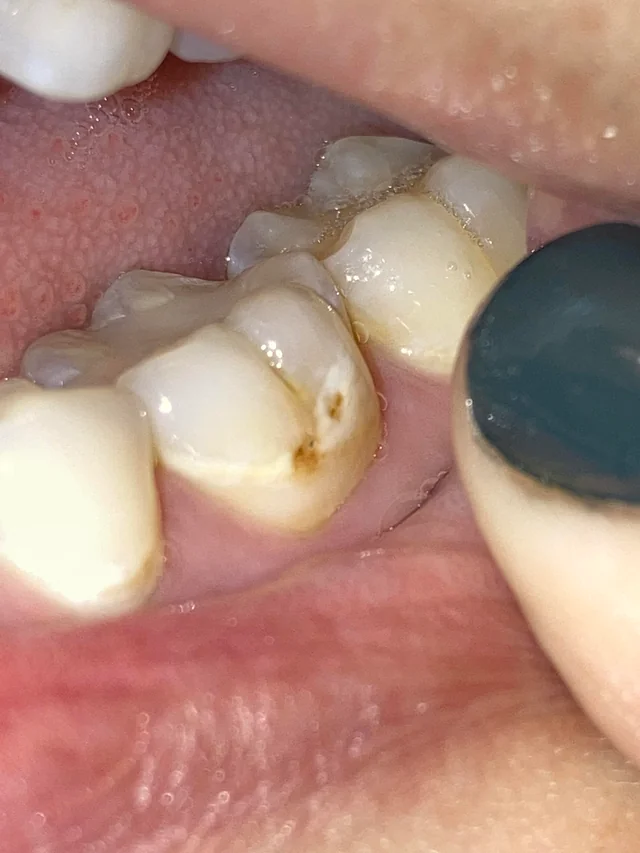 image source: reddit
image source: reddit
Cavities, also known as dental caries, are areas of decay in the teeth caused by bacterial acid erosion. If left untreated, cavities can lead to persistent bad breath as the decay progresses and bacteria continue to multiply. The odor associated with cavities is often distinct and unpleasant, signaling the presence of advanced decay and potential infection.
7. Or Tooth Decay
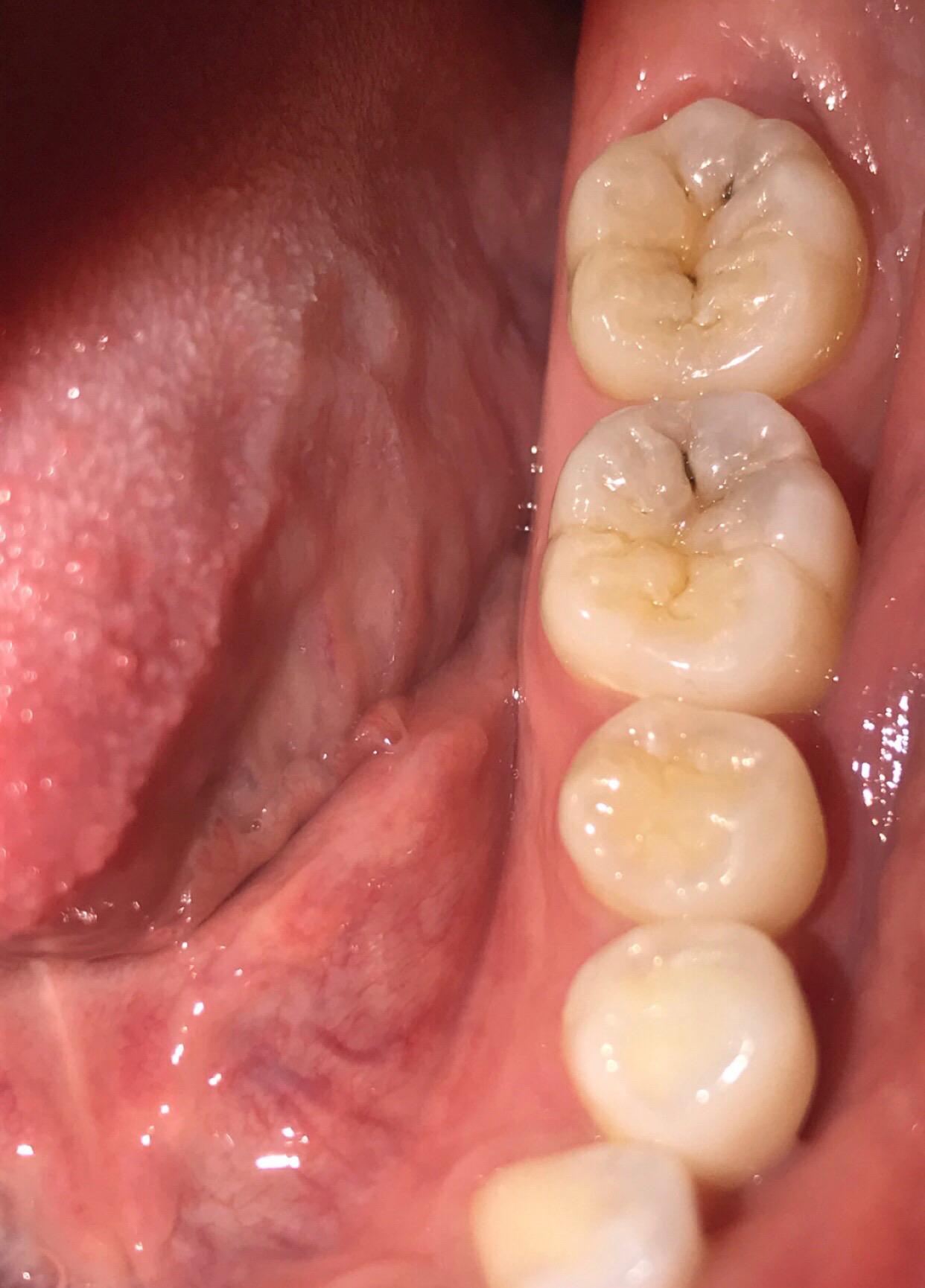 image source: reddit
image source: reddit
Tooth decay, whether in the form of cavities or generalized erosion of the tooth structure, can significantly contribute to bad breath. Bacteria in the mouth feed on sugars and produce acids that weaken the enamel, leading to decay. As the decay progresses, it can cause a distinctive odor that may be noticeable even after brushing and using mouthwash.
8. Gum Disease
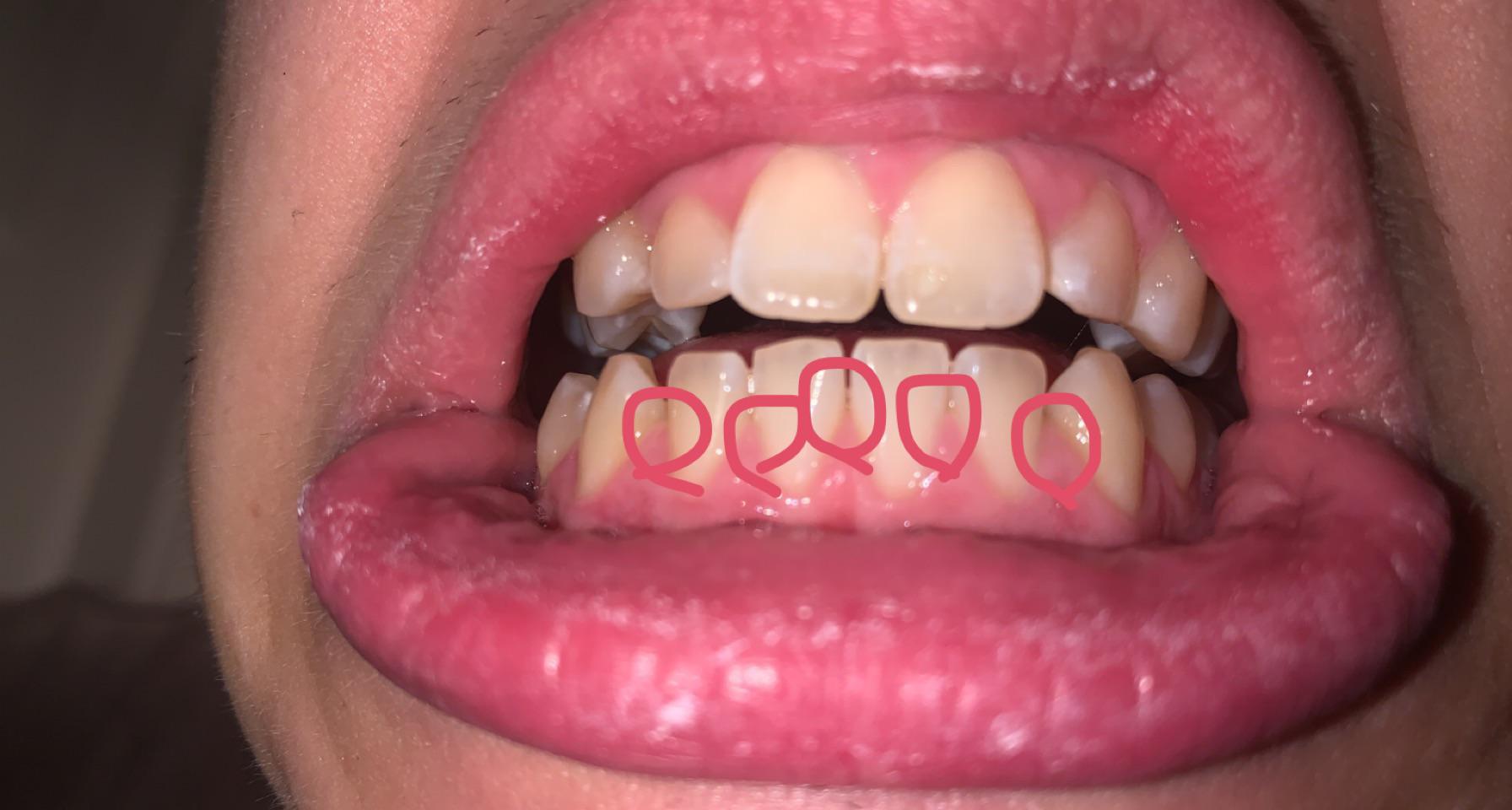 image source: reddit
image source: reddit
Gum disease, also known as periodontal disease, is a bacterial infection and inflammation of the gums that can lead to bad breath if left untreated. The buildup of plaque and tartar along the gumline provides an ideal environment for bacteria to thrive, causing a distinct odor and contributing to overall oral health issues.
9. You Have Dry Mouth
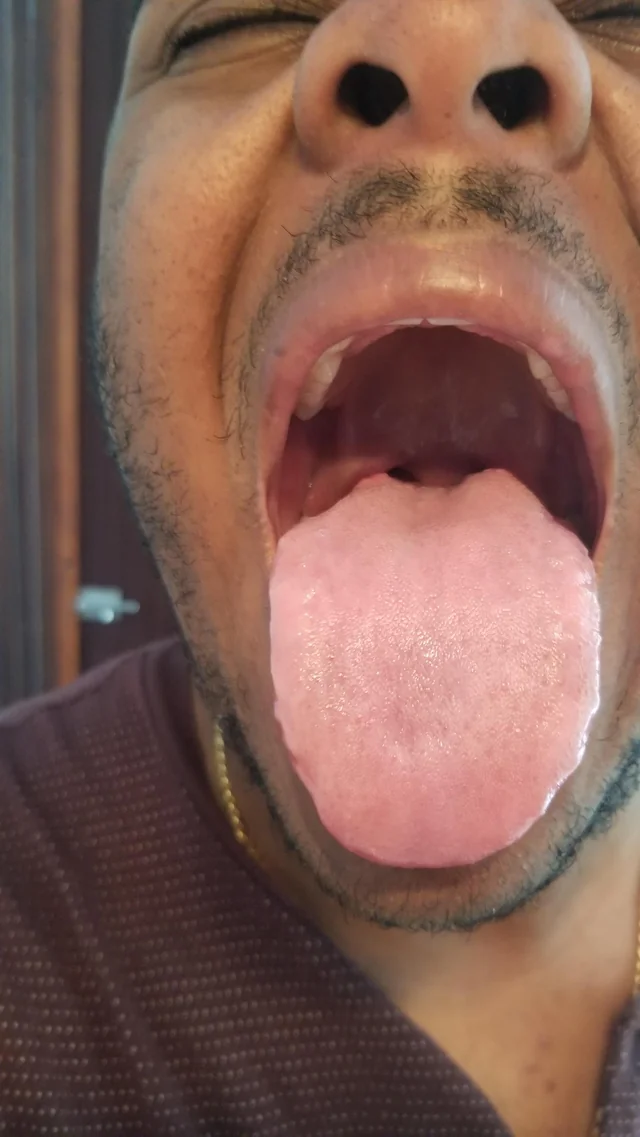 image source: reddit
image source: reddit
Without an adequate flow of saliva, bacteria can proliferate in the mouth, leading to an increase in odor-causing compounds and a decrease in oral freshness. Drinking plenty of water, chewing sugar-free gum, and using saliva-stimulating products can help alleviate dry mouth and reduce the risk of bad breath.
10. Some Medications Can Do This Too
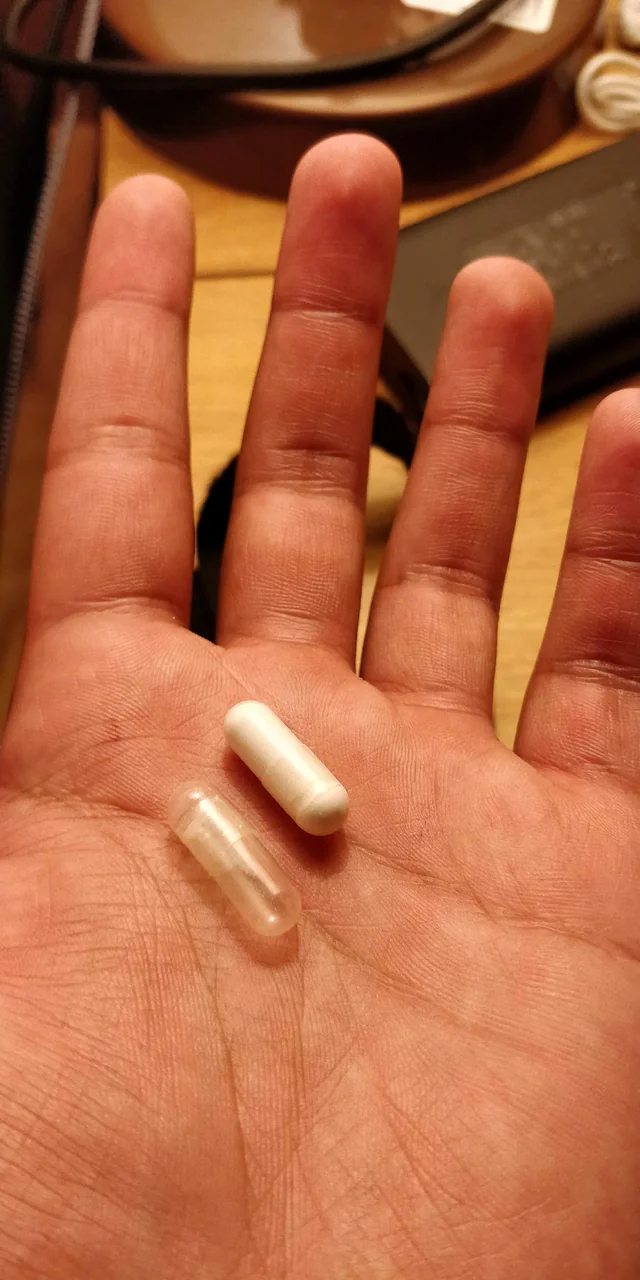 image source: reddit
image source: reddit
It may come as a surprise, but certain medications can contribute to bad breath as a side effect. Medications that cause dry mouth, such as antihistamines, decongestants, and antidepressants, reduce saliva production, creating an ideal environment for bacterial growth. Additionally, some medications contain compounds that can directly contribute to unpleasant breath odors.
11. You Have A Sinus Infection
 image source: reddit
image source: reddit
Sinus infections, also known as sinusitis, can lead to bad breath due to the presence of excess mucus and bacteria in the nasal passages and throat. When mucus drains down the back of the throat, it can carry bacteria and food particles, contributing to foul-smelling breath.
12. Postnasal Drippage
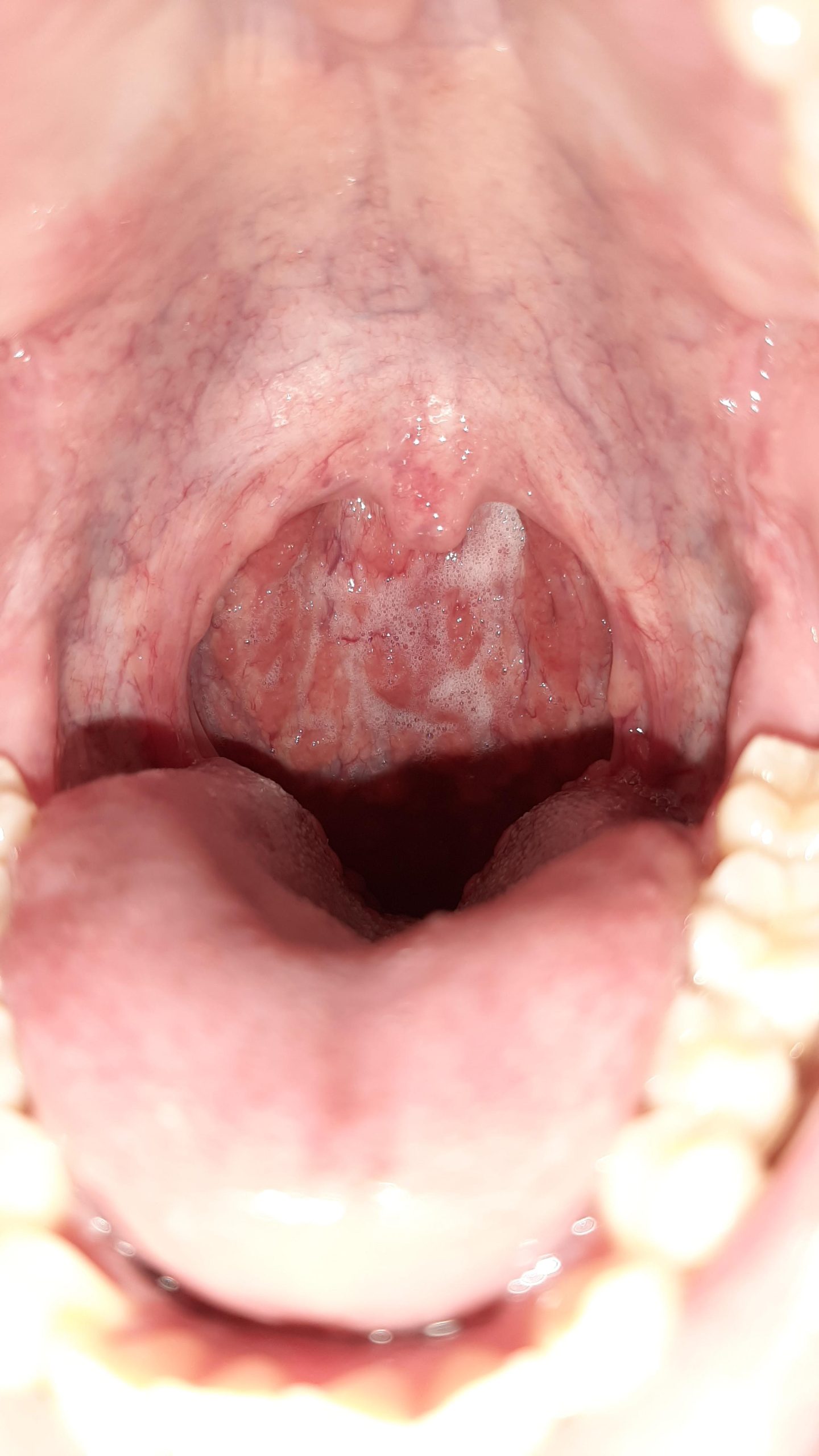 image source: reddit
image source: reddit
Postnasal drip occurs when excess mucus drips down the back of the throat from the nasal passages. This can be caused by various factors, including allergies, sinus infections, or colds. The presence of mucus in the throat provides an ideal environment for bacteria to thrive, leading to bad breath.
13. You Have A Chest Infection
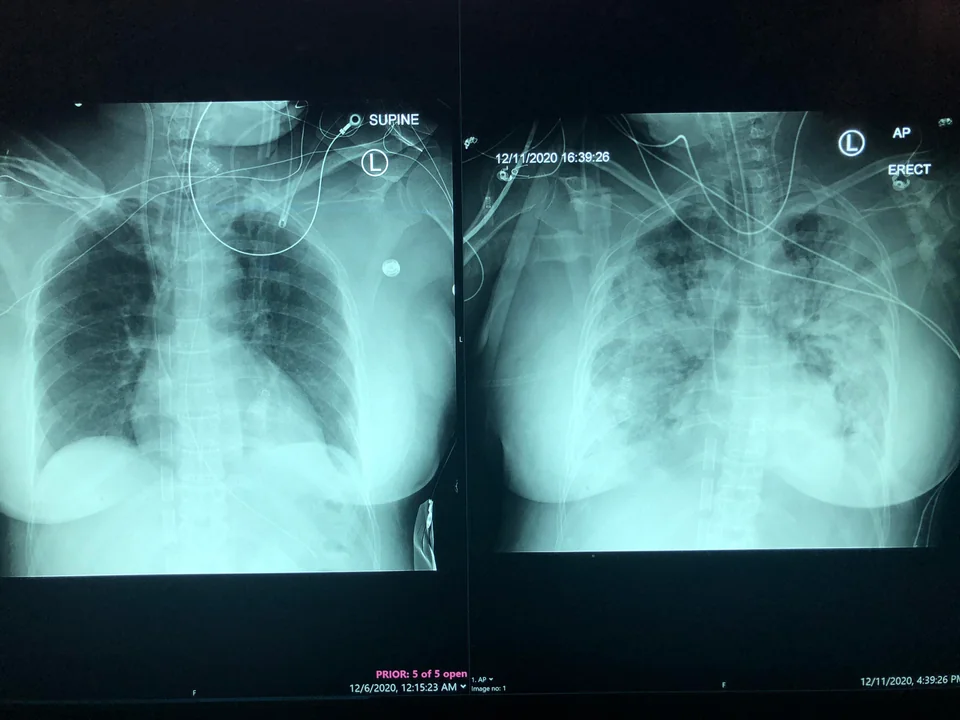 image source: reddit
image source: reddit
Chest infections, such as bronchitis or pneumonia, can lead to bad breath due to the presence of bacteria and mucus in the respiratory tract. As bacteria multiply and mucus accumulates, foul-smelling breath may result. Treating the underlying chest infection with appropriate medical care can help alleviate bad breath associated with respiratory conditions.
14. Tonsil Stones
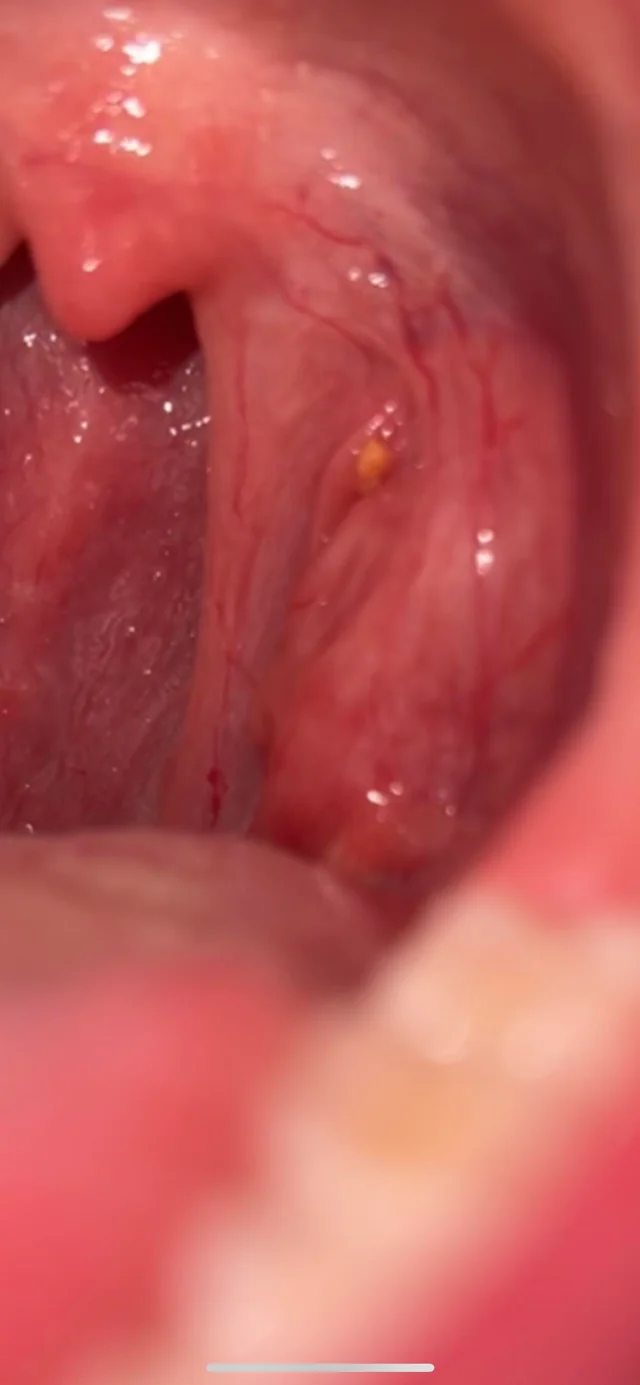 image source: reddit
image source: reddit
Tonsil stones, also known as tonsilloliths, are small, calcified formations that can develop in the tonsils. These stones can harbor bacteria, food particles, and dead cells, leading to foul-smelling breath. In addition to bad breath, tonsil stones can cause throat discomfort and difficulty swallowing.
15. You're A Dirty Smoker
 image source: reddit
image source: reddit
Smoking tobacco products can lead to bad breath due to the presence of tar, nicotine, and other chemicals in tobacco smoke. These substances can linger in the mouth, throat, and lungs, contributing to persistent foul-smelling breath. In addition to bad breath, smoking can also increase the risk of gum disease, tooth decay, and oral cancer.
16. Or You Drink A Lot Of Alcohol
 image source: reddit
image source: reddit
Alcohol consumption can lead to bad breath due to its drying effect on the mouth and the production of volatile compounds during digestion. Dry mouth provides an ideal environment for bacteria to thrive, leading to foul-smelling breath. Additionally, certain alcoholic beverages, such as beer and wine, contain sugars that can contribute to bacterial growth and bad breath.
17. You've Eaten Garlic
 image source: reddit
image source: reddit
Garlic contains sulfur compounds that can be absorbed into the bloodstream and released through the lungs and pores, leading to persistent bad breath. These compounds can also linger in the mouth and digestive tract, contributing to foul-smelling breath long after eating garlic.
18. Or Onions
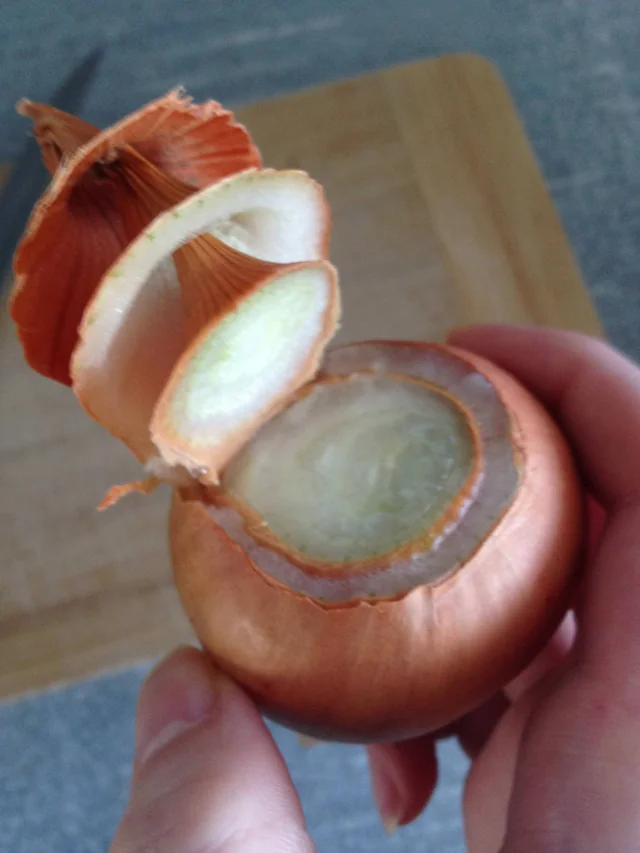 image source: reddit
image source: reddit
Onions contain sulfur compounds that can contribute to bad breath when broken down in the digestive system. These compounds are released as the onions are digested and can linger in the mouth and gastrointestinal tract, leading to foul-smelling breath. While cooking onions can help reduce their odor, the effects may still be noticeable on the breath.
19. Having A High-Protein Diet
 image source: reddit
image source: reddit
High-protein diets, such as those low in carbohydrates and high in meat and dairy products, can lead to bad breath due to the breakdown of protein in the digestive system. When protein is broken down, sulfur-containing compounds are produced, which can contribute to foul-smelling breath.
20. Acid Reflux
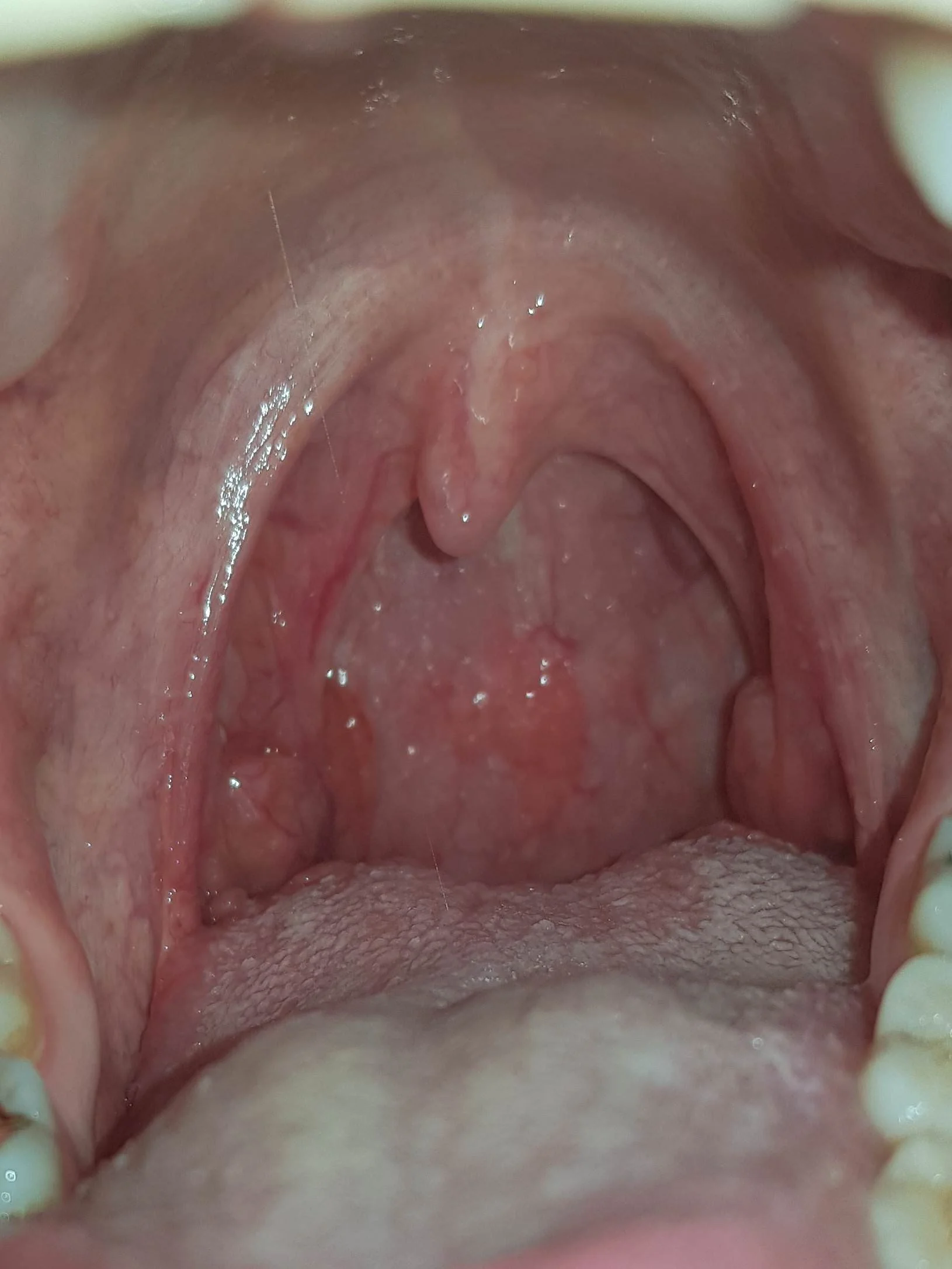 image source: reddit
image source: reddit
Gastroesophageal reflux disease (GERD) or acid reflux can lead to bad breath due to the presence of stomach acid and undigested food particles in the esophagus and throat. The acidic nature of stomach acid can contribute to the breakdown of food and the proliferation of bacteria, leading to foul-smelling breath.
21. You've Been Throwing Up
 image source: reddit
image source: reddit
Vomiting can lead to bad breath due to the presence of stomach acids and partially digested food particles in the mouth and throat. These acidic substances can erode tooth enamel, promote bacterial growth, and contribute to foul-smelling breath. Additionally, the act of vomiting can cause dehydration, which further exacerbates dry mouth and bad breath.
22. Constipation Can Cause Bad Breath
 image source: reddit
image source: reddit
Constipation occurs when stool becomes backed up in the colon, leading to the buildup of toxins and waste products in the body. These toxins can be released through the breath, contributing to foul-smelling breath. Additionally, constipation can lead to dehydration and dry mouth, further exacerbating bad breath.
23. You've Had A Recent Tooth Extraction
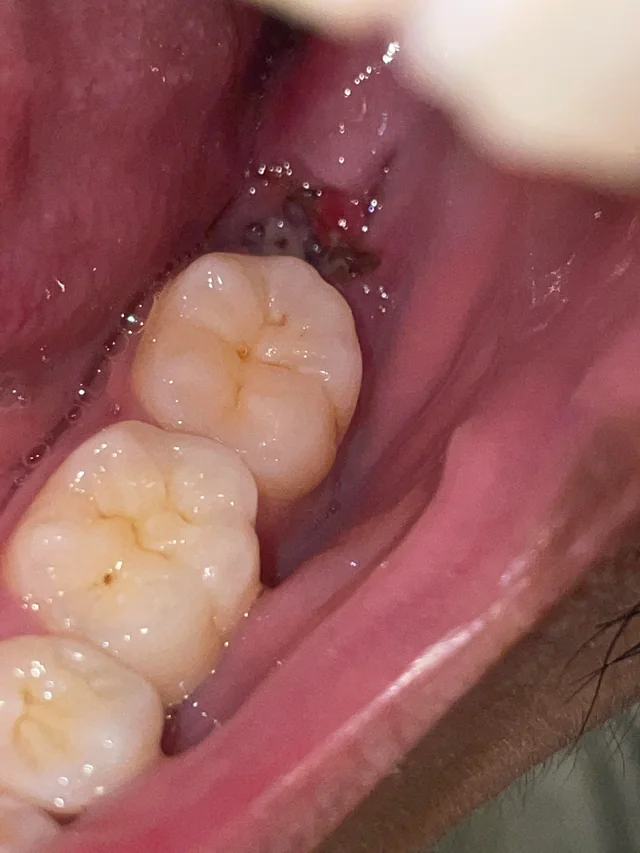 image source: reddit
image source: reddit
After a tooth extraction, it's common to experience bad breath as the extraction site heals and bacteria accumulate in the area. The presence of blood, saliva, and food particles in the socket can provide an ideal environment for bacterial growth and odor formation. Proper post-extraction care, including gently rinsing with saltwater and avoiding smoking or drinking through a straw, can help promote healing and reduce bad breath during the recovery period.
24. You're A Snorer
 image source: reddit
image source: reddit
Snoring can lead to bad breath due to the drying effect it has on the mouth and throat. Mouth breathing during sleep can cause dry mouth, which reduces saliva production and promotes bacterial growth. Additionally, snoring can be a symptom of underlying sleep apnea, a condition characterized by pauses in breathing during sleep.
25. You Wear Dentures
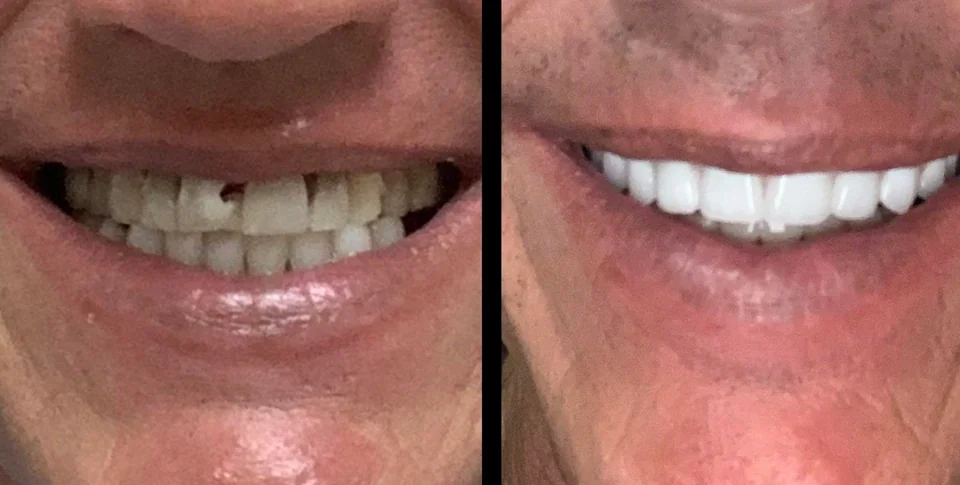 image source: reddit
image source: reddit
Dentures, especially if not properly cleaned and maintained, can harbor food particles, plaque, and bacteria, leading to bad breath. Additionally, wearing dentures can contribute to dry mouth, as they can interfere with saliva flow and trap food and bacteria against the gums and palate.
26. Or Braces
 image source: reddit
image source: reddit
Braces can make it challenging to clean between teeth and along the gumline, increasing the risk of plaque buildup and bad breath. Food particles and bacteria can become trapped around brackets and wires, leading to foul-smelling breath if not properly removed. They aren't comfortable either!
27. You Don't Visit The Dentist Enough
 image source: reddit
image source: reddit
Regular dental check-ups are essential for maintaining optimal oral health and preventing bad breath. If you don't visit the dentist regularly, plaque and tartar can accumulate on your teeth and along the gumline, leading to gum disease and bad breath. Additionally, untreated dental issues such as cavities or gum infections can contribute to foul-smelling breath.
28. Not Drinking Enough Water
 image source: reddit
image source: reddit
Dehydration can lead to dry mouth, a condition characterized by reduced saliva production, which can contribute to bad breath. Saliva plays a crucial role in washing away food particles and neutralizing acids in the mouth, so insufficient hydration can lead to bacterial overgrowth and foul-smelling breath.
29. Vitamin Deficiencies
 image source: reddit
image source: reddit
Certain vitamin deficiencies, such as vitamin D or vitamin B12 deficiency, can contribute to bad breath. These vitamins play important roles in maintaining oral health and supporting the immune system. Deficiencies can lead to changes in the oral microbiome, increased susceptibility to infections, and reduced saliva production, all of which can contribute to foul-smelling breath.
30. Excessive Mouthwash Usage
 image source: reddit
image source: reddit
While mouthwash can help freshen breath temporarily, excessive use of mouthwash containing alcohol can lead to dry mouth and worsen bad breath over time. Alcohol-based mouthwashes can disrupt the natural balance of bacteria in the mouth and cause irritation to oral tissues, leading to increased bacterial growth and foul-smelling breath.
31. Drinking Coffee
 image source: reddit
image source: reddit
Coffee is a popular beverage enjoyed by many, but it can also contribute to bad breath. The acidic nature of coffee can lead to a drying effect in the mouth, reducing saliva production and promoting bacterial growth. Additionally, the strong aroma of coffee can linger in the mouth and on the breath, especially if consumed frequently throughout the day.
32. Or Too Much Soda
 image source: reddit
image source: reddit
Carbonated sodas, especially those containing high levels of sugar or artificial sweeteners, can contribute to bad breath in several ways. The sugar in soda can fuel the growth of bacteria in the mouth, leading to foul-smelling breath. Additionally, the carbonation in soda can increase acidity in the mouth, which can weaken tooth enamel and promote bacterial growth.
33. You Have Sleep Apnea
 image source: reddit
image source: reddit
Sleep apnea is a sleep disorder characterized by pauses in breathing during sleep, often due to obstruction of the upper airway. People with sleep apnea may experience dry mouth and bad breath upon waking due to mouth breathing and reduced saliva production during sleep.
34. Mouth Ulcers
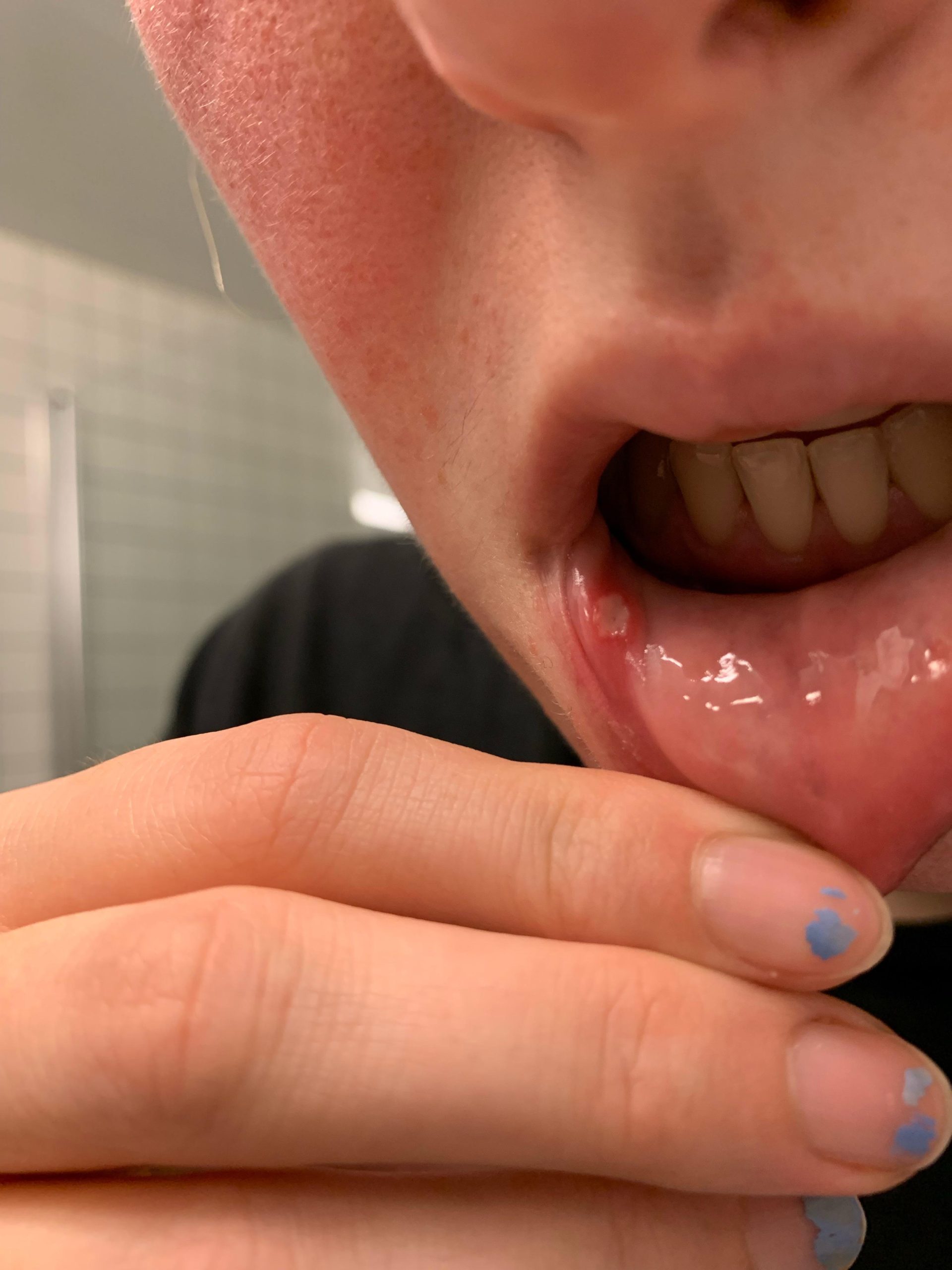 image source: reddit
image source: reddit
Mouth ulcers, also known as canker sores, are painful sores that can develop on the inside of the mouth or on the gums. These ulcers can be caused by various factors, including injury, stress, or certain medical conditions. The presence of mouth ulcers can make it uncomfortable to eat, drink, or speak, leading to changes in oral hygiene habits and increased bacterial growth.
35. Too Much Dairy
 image source: reddit
image source: reddit
Dairy products, such as milk, cheese, and yogurt, can contribute to bad breath in some individuals. Lactose intolerance or sensitivity to dairy proteins can lead to digestive discomfort and the production of foul-smelling gases in the gastrointestinal tract. Additionally, dairy products can leave a residue in the mouth, promoting bacterial growth and contributing to bad breath.
36. Throat Infections
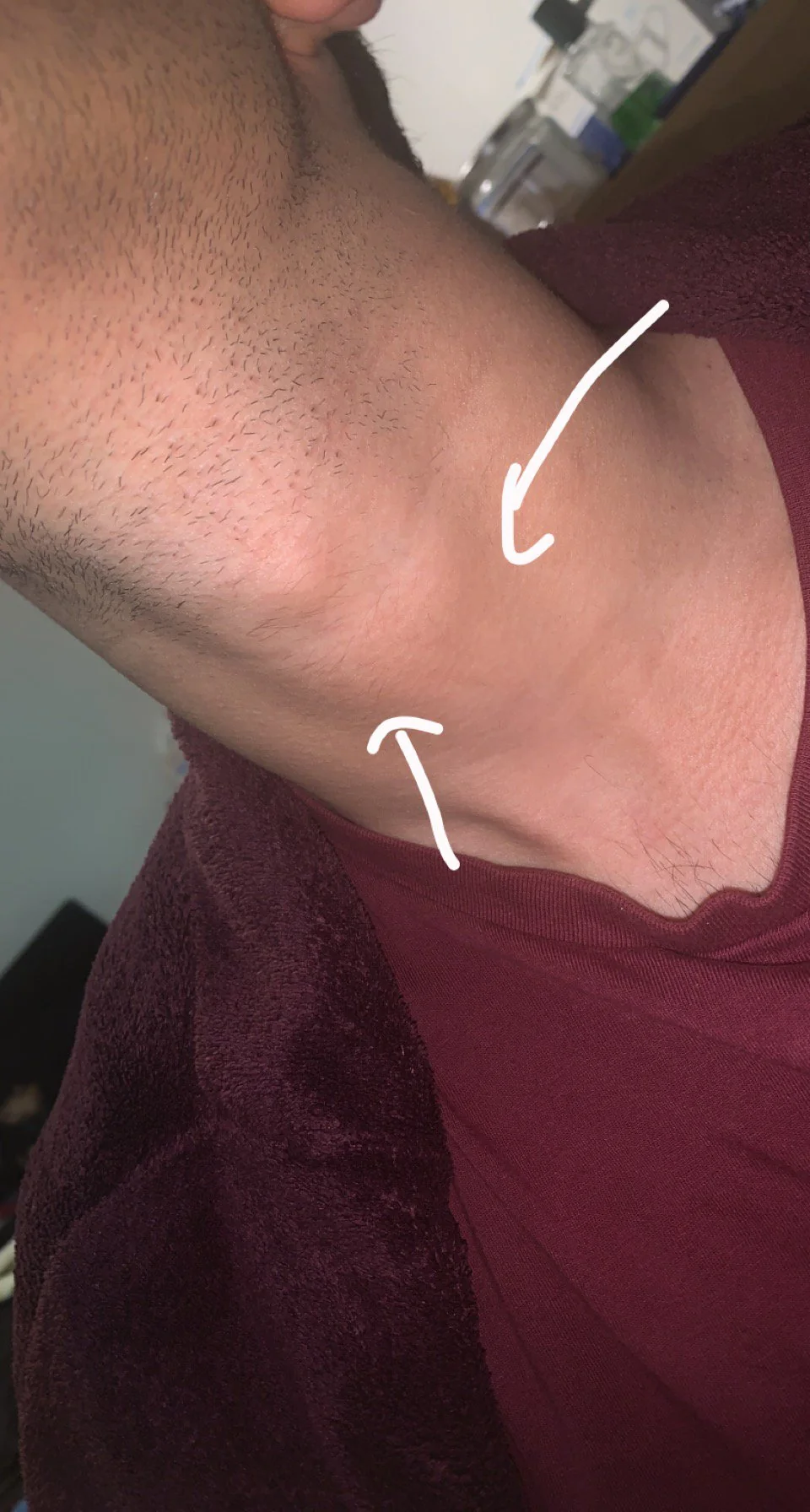 image source: reddit
image source: reddit
Throat infections, such as strep throat or tonsillitis, can lead to bad breath due to the presence of bacteria and inflammation in the throat and tonsils. These infections can cause a distinct odor in the breath, often described as foul or putrid. Additionally, throat infections can lead to discomfort and difficulty swallowing, which may affect oral hygiene habits and increase the risk of bad breath.
37. Nasal Polyps
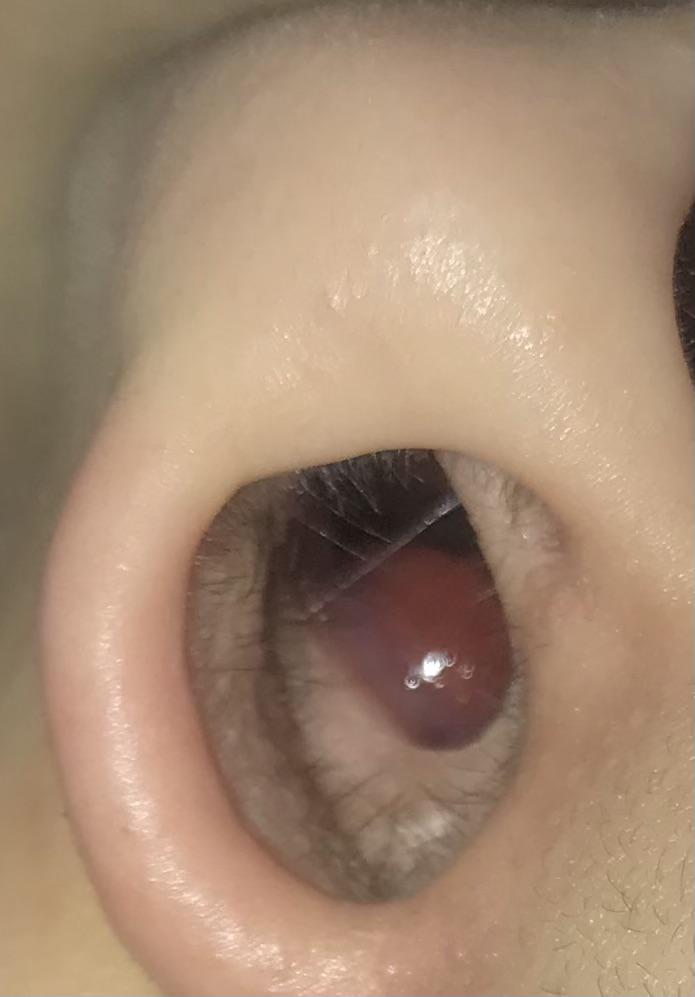 image source: reddit
image source: reddit
Nasal polyps are noncancerous growths that can develop in the nasal passages or sinuses. These growths can obstruct airflow and lead to symptoms such as nasal congestion, postnasal drip, and decreased sense of smell. Nasal polyps can also contribute to bad breath by trapping mucus and bacteria in the nasal passages, leading to foul-smelling breath.
38. Prolonged Use Of Antibiotics
 image source: reddit
image source: reddit
Prolonged use of antibiotics can disrupt the balance of bacteria in the mouth and gastrointestinal tract, leading to an overgrowth of harmful bacteria and changes in breath odor. Antibiotics can also cause dry mouth, which reduces saliva production and promotes bacterial growth in the mouth.
39. Indigestion
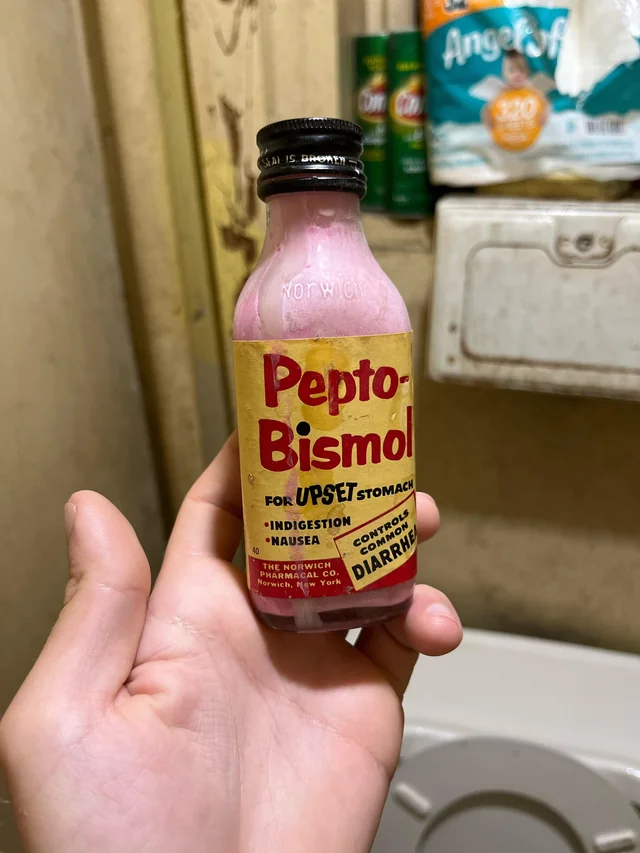 image source: reddit
image source: reddit
Indigestion, also known as dyspepsia, occurs when there is difficulty digesting food in the stomach. Symptoms of indigestion can include bloating, belching, and heartburn. In some cases, indigestion can lead to the production of foul-smelling gases in the gastrointestinal tract, which can contribute to bad breath.
40. Taking Herbal Supplements
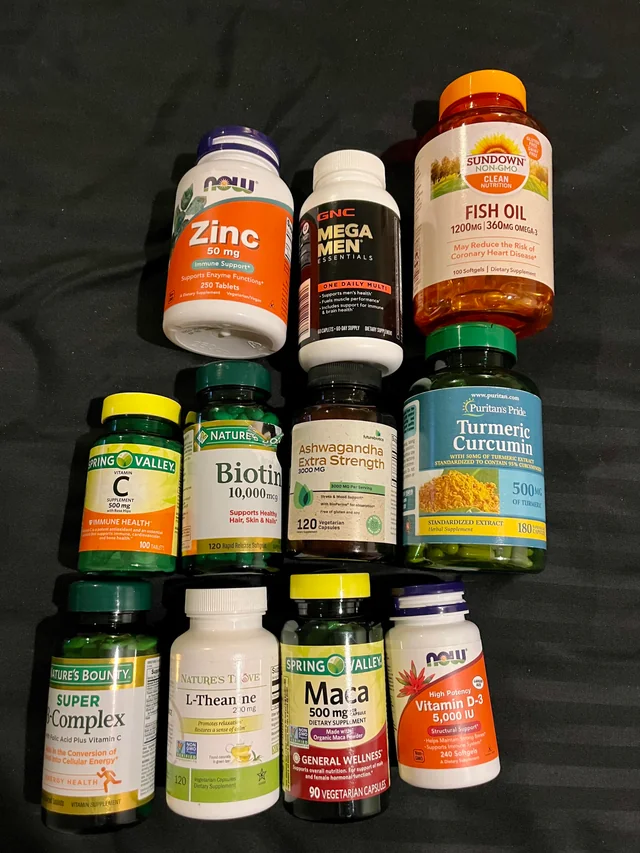 image source: reddit
image source: reddit
While herbal supplements are often touted for their health benefits, certain herbs and botanicals can contribute to bad breath. Some herbs contain volatile compounds that can be released through the breath, leading to a distinct odor. Additionally, herbal supplements can interact with medications or disrupt the balance of bacteria in the mouth and gastrointestinal tract, leading to changes in breath odor.
Here Are 10 Foods That Can Give You Horrible Breath... 41. Eating Spicy Foods
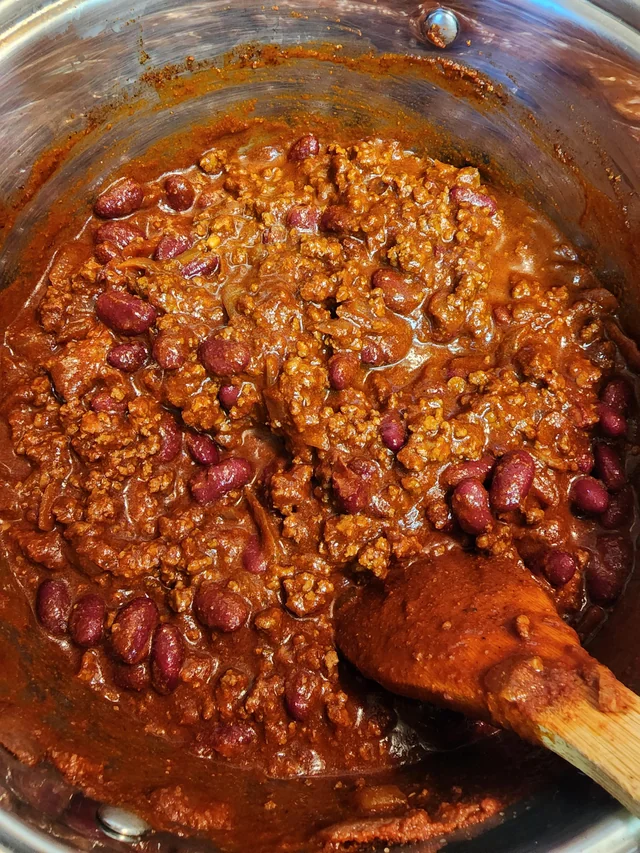 image source: reddit
image source: reddit
Spicy foods, such as curries, chili peppers, and hot sauces, can lead to bad breath due to their strong aromatic compounds. These compounds can linger in the mouth and on the breath, causing a distinct odor. Additionally, spicy foods can stimulate saliva production, leading to temporary bad breath as saliva breaks down food particles and bacteria in the mouth.
42. Strong Smelling Fish
 image source: reddit
image source: reddit
Certain varieties of fish, such as tuna, mackerel, and anchovies, are known for their strong odor, which can linger in the mouth and on the breath after consumption. The sulfur compounds present in these fish can contribute to foul-smelling breath, even after brushing and rinsing.
43. Certain Cheeses
 image source: reddit
image source: reddit
While cheese can be a flavorful addition to meals and snacks, certain varieties, such as blue cheese, Limburger, and Munster, are known for their strong odor, which can linger in the mouth and on the breath. The sulfur compounds present in these cheeses can contribute to foul-smelling breath, especially if consumed in large quantities or without proper oral hygiene afterward.
44. Eggs
 image source: reddit
image source: reddit
Eggs are a versatile and nutritious food, but they can also contribute to bad breath, especially if eaten in large quantities or improperly cooked. The sulfur compounds present in eggs can produce foul-smelling gases during digestion, leading to malodorous breath. Additionally, egg yolks contain choline, which can be broken down by bacteria in the mouth and produce a fishy odor.
45. Cabbage
 image source: reddit
image source: reddit
Cruciferous vegetables like cabbage, broccoli, and Brussels sprouts contain sulfur compounds that can contribute to bad breath when broken down in the digestive system. These compounds can be released as gases during digestion, leading to foul-smelling breath. Additionally, cabbage contains fiber, which can promote the production of gas in the intestines, further exacerbating breath odor.
46. Liver
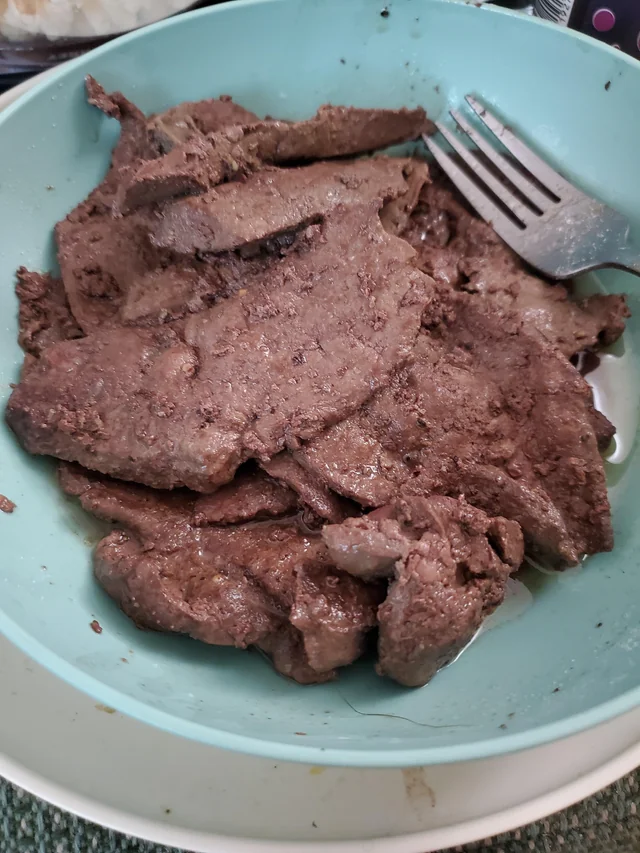 image source: reddit
image source: reddit
Organ meats like liver are nutrient-dense foods that provide essential vitamins and minerals, but they can also contribute to bad breath due to their strong odor and high sulfur content. The sulfur compounds present in liver can produce foul-smelling gases during digestion, leading to horrible breath.
47. Pickles
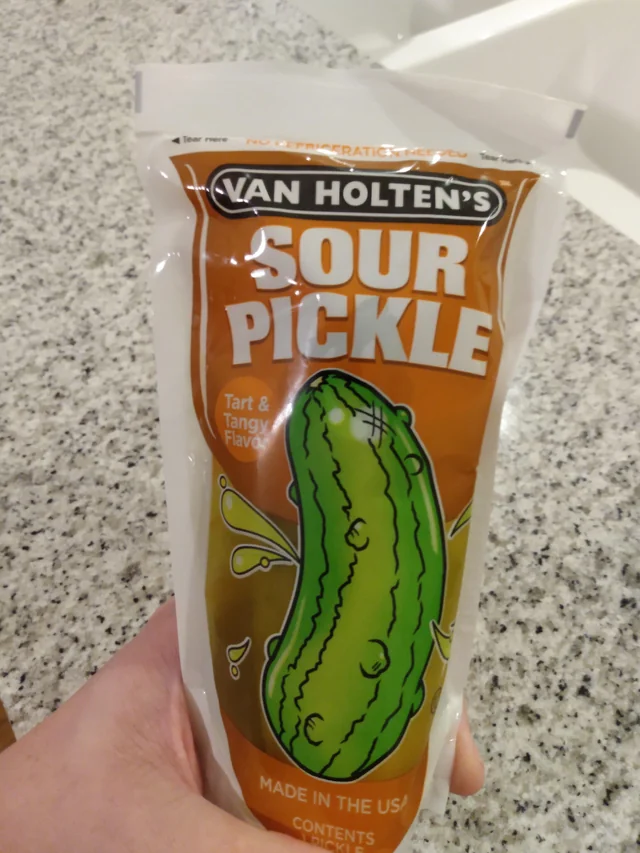 image source: reddit
image source: reddit
Pickled foods, such as pickles, sauerkraut, and pickled onions, can contribute to bad breath due to their strong aroma and acidic nature. The vinegar used in pickling can linger in the mouth and on the breath, leading to a distinct odor. Additionally, pickled foods can promote the production of gas in the intestines.
48. Blueberries
 image source: reddit
image source: reddit
While blueberries are a nutritious and antioxidant-rich fruit, they can contribute to bad breath due to their strong aroma and high sugar content. The sugars in blueberries can fuel the growth of bacteria in the mouth, leading to foul-smelling breath. Additionally, the pigments present in blueberries can adhere to the teeth and tongue, further exacerbating breath odor.
49. Vinegar
 image source: reddit
image source: reddit
Vinegar, whether used in salad dressings, marinades, or sauces, can contribute to bad breath due to its acidic nature and strong aroma. The acetic acid present in vinegar can linger in the mouth and on the breath, leading to a distinct odor. Additionally, vinegar can promote the production of gas in the intestines, further exacerbating breath odor.
50. Cauliflower
 image source: reddit
image source: reddit
Cauliflower contains fiber, which can promote the production of gas in the intestines, further exacerbating breath odor. If you enjoy cauliflower as part of your diet, consider cooking it thoroughly or pairing it with breath-freshening foods like lemon or herbs to help reduce its impact on breath odor.
 image source: reddit
image source: reddit image source: reddit
image source: reddit image source: reddit
image source: reddit image source: reddit
image source: reddit image source: reddit
image source: reddit image source: reddit
image source: reddit image source: reddit
image source: reddit image source: reddit
image source: reddit image source: reddit
image source: reddit image source: reddit
image source: reddit image source: reddit
image source: reddit image source: reddit
image source: reddit image source: reddit
image source: reddit image source: reddit
image source: reddit image source: reddit
image source: reddit image source: reddit
image source: reddit image source: reddit
image source: reddit image source: reddit
image source: reddit image source: reddit
image source: reddit image source: reddit
image source: reddit image source: reddit
image source: reddit image source: reddit
image source: reddit image source: reddit
image source: reddit image source: reddit
image source: reddit image source: reddit
image source: reddit image source: reddit
image source: reddit image source: reddit
image source: reddit image source: reddit
image source: reddit image source: reddit
image source: reddit image source: reddit
image source: reddit image source: reddit
image source: reddit image source: reddit
image source: reddit image source: reddit
image source: reddit image source: reddit
image source: reddit image source: reddit
image source: reddit image source: reddit
image source: reddit image source: reddit
image source: reddit image source: reddit
image source: reddit image source: reddit
image source: reddit image source: reddit
image source: reddit image source: reddit
image source: reddit image source: reddit
image source: reddit image source: reddit
image source: reddit image source: reddit
image source: reddit image source: reddit
image source: reddit image source: reddit
image source: reddit image source: reddit
image source: reddit image source: reddit
image source: reddit image source: reddit
image source: reddit image source: reddit
image source: reddit